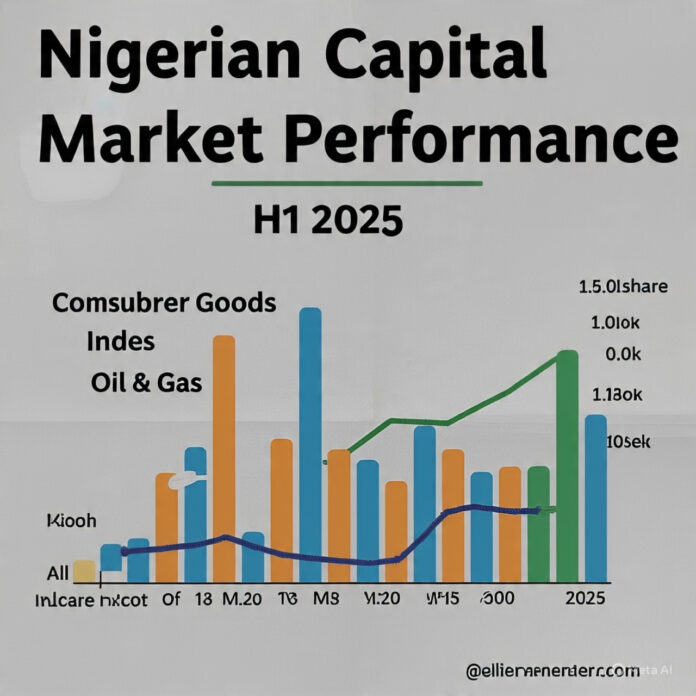by Niyi Jacobs
The recapitalisation drive across Nigeria’s banking sector may soon take a toll on investor sentiment, as analysts at BusinessNG’s Economic and Market Intelligence Unit (EMIU) warn of a looming decline in earnings per share (EPS). The concern is simple: banks are raising new equity at a pace that far outstrips growth in profit, and that imbalance could trigger a retreat by investors seeking stronger per-share returns.
Since the Central Bank of Nigeria (CBN) unveiled its recapitalisation directive in 2023, banks have been issuing trillions of naira in new shares to meet higher capital thresholds. While the move is intended to fortify the financial system, it comes with a downside. BusinessNG analysts project that EPS will drop significantly by the end of 2025 as a result of massive share dilution, despite revenue growth in many institutions.
This scenario could see Nigerian banks trading at inflated price-to-earnings (P/E) ratios, deterring investors who prefer to value stocks based on forward performance rather than trailing indicators.
Take UBA Plc for instance, which recently launched a rights issue for over 3.1 billion shares at ₦50 each. Access Holdings raised ₦351 billion from its own rights issue and now boasts enough capital to satisfy international licensing requirements. Zenith Bank also reported 160% subscription to its ₦614 billion capital raise. Fidelity Bank has raised ₦273 billion and is eyeing an additional ₦200 billion through private placement. First HoldCo has completed a ₦150 billion rights issue (oversubscribed by 25%) and is proceeding with a ₦350 billion private placement, pushing its Tier 1 capital to over ₦398 billion.
But as BusinessNG warns, these moves—while boosting bank liquidity and regulatory compliance—could dilute the value of existing holdings. Unless banks post strong profit growth, EPS will decline, causing stocks to appear overpriced. This may drive portfolio managers to rotate away from banking equities in favour of less risky, better-valued sectors like agriculture, telecoms, and fast-moving consumer goods.
Regulatory pressures have compounded the situation. Many banks are still grappling with legacy exposures tied to the CBN’s pandemic-era forbearance regime. Zenith Bank confirmed it has made provisions for a Single Obligor Limit (SOL) breach tied to one major client. First HoldCo said First Bank is managing foreign currency loan exposures worsened by a 200% naira devaluation. Access Holdings says it has cleared the ₦500 billion threshold and is resolving its own exposure challenges.
Ecobank Transnational is seeking $250 million in Additional Tier 1 capital, while Sterling Financial Holdings, Unity Bank, Abbey Mortgage Bank, and others are all pushing through multi-billion naira fundraising programmes.
Although the CBN recently announced that eight out of Nigeria’s 44 banks have met their new capital requirements, BusinessNG reports that the majority are still far from compliance. As more equity floods into the system, the gap between share count and profit is widening—and the effects may soon hit market valuations.
BusinessNG’s EMIU notes that while 2024 financials may paint a positive picture, 2025 results will likely reflect the full impact of dilution. Higher P/E ratios, weaker EPS, and dividend strain are expected outcomes. The EMIU warns investors to analyse forward P/E ratios and not get caught chasing legacy performance.
Many investors, especially retail traders, are drawn to bank stocks for perceived stability. But in this new landscape, a high share price doesn’t guarantee strong per-share returns. Without accelerated profit growth, recapitalised banks could become value traps.
In conclusion, Nigeria’s banking sector is undergoing a necessary transformation, but the capital expansion must be matched by real earnings growth. Otherwise, a sector once considered a dividend haven could see capital flight from investors rebalancing toward sectors with stronger fundamentals and better value metrics.














